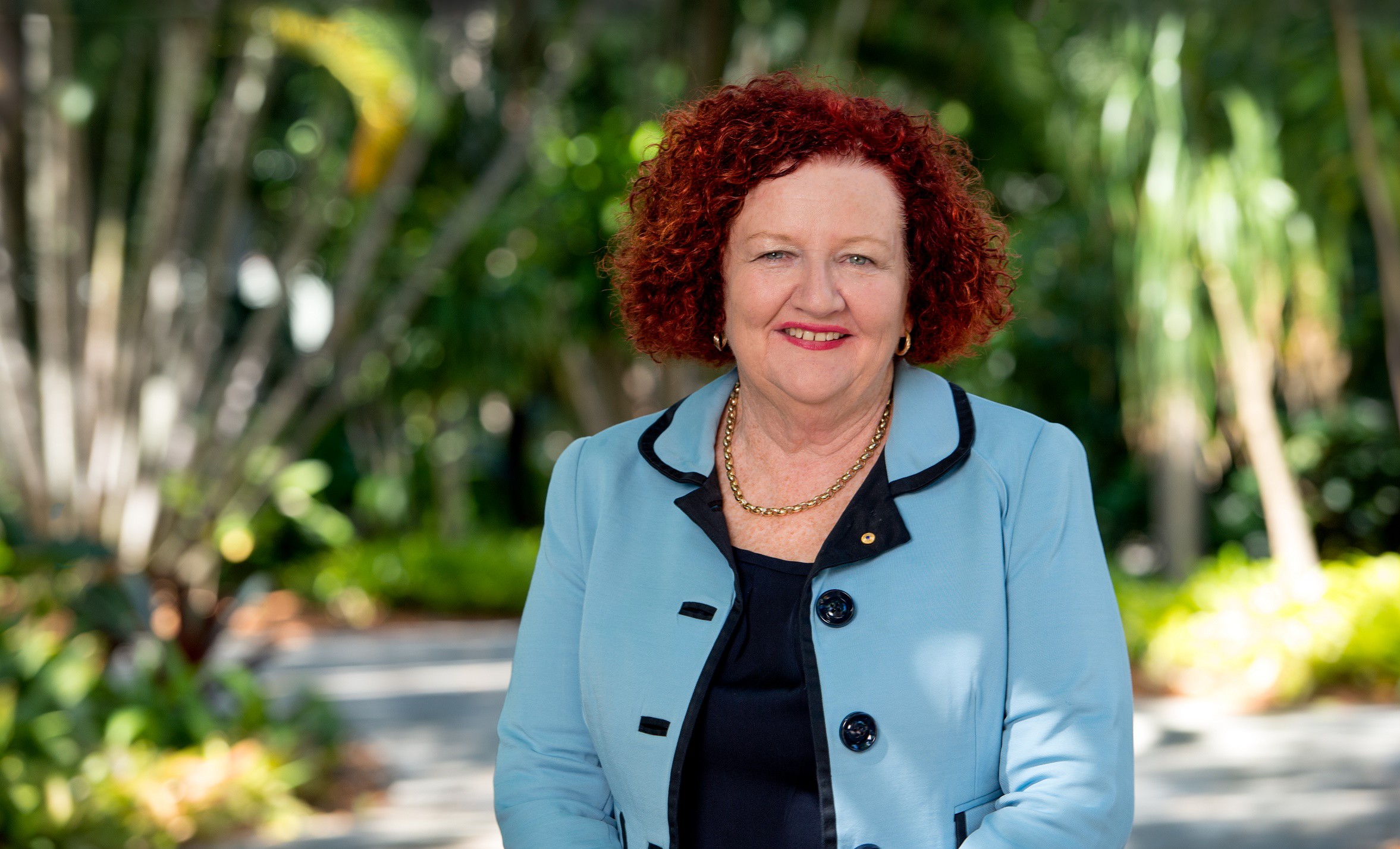
Australia is on the cusp of making a terrible business decision. We risk devastating international education, the nation’s fourth largest export earner, for the next couple of decades unless we change course in the next couple of weeks.
Under current policy international student workers are not entitled to emergency living support, despite the fact that they like many others have seen their casual employment disappear. Their employment here was a realistic expectation to supplement the savings of their family for their fees and their first year of living costs (which are part of the visa conditions).
So this determination harms both the students and their employers, but it will harm the nation most of all.
The government’s coronavirus package for universities announced on Sunday is both urgently needed and deeply appreciated. But its “unashamedly” domestic student focus ignores the fact that domestic students will also suffer when our international market declines. Because nobody should be in any doubt about the consequences of this hard-line approach: it will take us out of the global education game.
Decisions like this are often characterised as a trade-off between human compassion and economic rigour. But while there are compelling ethical arguments for changing our stance, in this case the act of kindness is also the savvy business move – because we are being measured by current and prospective students and their families on how we treat them in adversity. They have no safety net and realistically no way to return home despite the suggestions from some that they should. By way of example, the only flights out of Brisbane this week that may reach New Delhi are via four stops with a $16,000 price tag for an economy fare.

Our prospects in this sector are a function not only of the quality of our provision but also of our reliability as a society – it is no small thing to entrust your child’s current safety and future prospects to another nation. If we cut them loose when times are tough, parents will not send their children here, and future students will not chance it. Would you?
We all know that the post-COVID economic recovery will be a very hard slog, and Australia will need every revenue boost we can find. The nation will look first to those industries that have already carved out a successful export market based on hard-won global reputations. Education exports directly contributed $40.4 billion to Australia’s GDP last financial year, according to the ABS. Why would we kneecap our recovery by destroying such a lucrative export sector?
The numbers of students needing our help are not huge, and nowhere near the 2.2 million temporary visa holders on the Treasurer’s mind. The Department of Education says there are currently 568,000 student visa holders in Australia, not all of whom rely on part-time work. But even if they all qualified, that’s still substantially fewer than the 685,000 subclass 444 special category visa holders from New Zealand who qualify. By the Treasurer’s own calculations, it would cost less than $10 billion this year to save a $40 billion per year industry over the next decade at least. Even if the global pandemic cuts our exports in half, that’s still an effective return on investment of 200 per cent in the next financial year alone. That’s somewhat better than the Reserve Bank’s cash rate.
As a nation we have carefully curated this market for the past two decades, to the point that Australia has become one of the most popular study destinations in the world. This delivers numerous benefits, including soft diplomacy, a vibrant, multicultural campus environment, and the opportunity for Australian students to form global networks that last a lifetime.
And in the process the community enjoys a substantial indirect subsidy to the costs of running the Australian public university system, including provision to our own domestic students and the capacity of our national research enterprise. The latter is underpinning the current search for a vaccine, for example. Sadly, as a sector, however, we clearly have not communicated that contribution to the public who benefit; nor to our students and their parents.
Add to this the billions of dollars per year from the incidental spending of international students, such as accommodation, living expenses, entertainment and incidental tourism. Estimates are at least a quarter of a million Australian jobs are at stake.
International education is already taking a serious hit from the effects of the pandemic globally, and recovery will be slow even in the best-case scenario.
But the ideological stance of “domestic first” will largely obliterate this important export earner. It will take decades to recover, if it ever does, if we don’t act now to signal our government support for international students and their families.
Are we willing to live without economic stimuli from universities when it is time to map a path out of the economic doldrums the coronavirus has visited upon us? Will the government be willing to fill that very substantial gap in the funding of university teaching and research? The alternative is presiding over a reduction in the quality of education of domestic students, and like manufacturing today, relying on research expertise and professionals from elsewhere in the future.
These are the choices. These are the financial consequences of the current position. These are the factors the Treasury and the Cabinet will need to take into account when planning our economic recovery, and our prospects in the years beyond.
Like other universities, QUT is providing assistance to students based on need. The demand is growing daily and we are diverting resources and donations from our own staff to support students, without distinguishing between domestic and international students. I urge the Commonwealth Government to do the same. It should reconsider its stance towards international students, for the benefit of our student guests, their employers, and our national prospects for economic recovery.
- QUT Vice-Chancellor Professor Margaret Sheil AO
This opinion piece by QUT Vice-Chancellor Professor Margaret Sheil was first published in The Australian (paywall).




